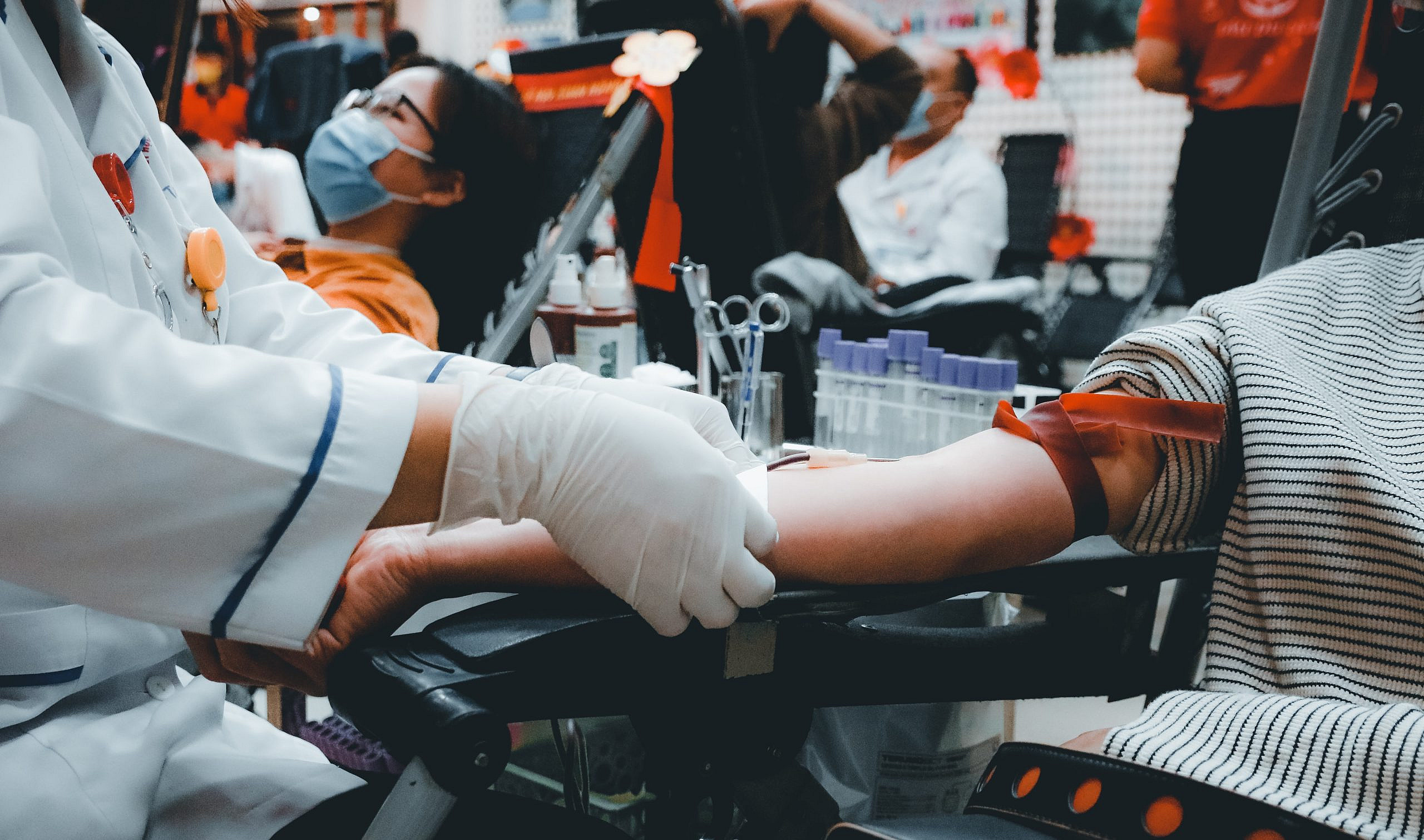
Addressing the Organ Donor Crisis
Summary
The organ-donation crisis is one of the most persistent, expensive, and yet solvable public-health challenges of our time. As of January 2020, nearly 115,000 Americans were waitlisted for an organ transplant. The vast majority have kidney failure, which, as one of the rare conditions qualifying patients for Medicare, imposes billions of dollars of costs on taxpayers. In 2016 alone, taxpayers spent an alarming $113 billion on kidney disease — more than the entire budgets of the National Institutes of Health ($39 billion), the Department of Homeland Security ($44 billion), and the National Aeronautics and Space Administration (NASA, $21.5 billion) combined. The clear solution is to shorten the organ waiting list. For every Medicare patient who receives a kidney transplant, taxpayers save $250,000 in avoided dialysis costs. This proposal presents a discrete set of actions for the federal government to take to quickly and decisively to address the organ-donation crisis.
Cities need to rapidly become compact, efficient, electrified, and nature‑rich urban ecosystems where we take better care of each other and avoid locking in more sprawl and fossil‑fuel dependence.
Hurricanes cause around 24 deaths per storm – but the longer-term consequences kill thousands more. With extreme weather events becoming ever-more common, there is a national and moral imperative to rethink not just who responds to disasters, but for how long and to what end.
This year’s Red Sky Summit was an opportunity to further consider what the role of fire tech can and should be – and how public policy can support its development, scaling, and application.
Promising examples of progress are emerging from the Boston metropolitan area that show the power of partnership between researchers, government officials, practitioners, and community-based organizations.